01 - Pakistan's Political Shift from Martial Law towards Democracy during Zulfiqar Al...
http://dx.doi.org/10.31703/gpr.2022(VII-IV).0110.31703/gpr.2022(VII-IV).01 Published : Dec 2022
-
Military is a well organized and disciplined institution of a country. The main function of the military is to secure the borders from external aggressions but in the case of Pakistan there are uncertainties and political instabilities which provoke the military to take over and rule the country. After the martial law of Ayub Khan, formal elections were held in which Zulfiqar Ali Bhutto was nomina... Details
-
Military Interventions, Consequences of Military Interventions, Zulfiqar era, Democracy
-
(1) Uroosa Ishfaq
Lecturer, Department of Political Science, Shaheeed Benazir Bhutto Women University, Peshawar, KP, Pakistan.
(2) Kashif Ashfaq
M.Phil. Scholar, Department of Pakistan Studies, National University of Modern Languages, Islamabad, Pakistan.
(3) Khudija Sanam
Visiting Lecturer, Department of Political Science, Government Girls Degree College Shiekhmaltoon Mardan, KP, Pakistan.
02 - Understanding the Digital Divide in the Contemporary Digital World ...
http://dx.doi.org/10.31703/gpr.2022(VII-IV).0210.31703/gpr.2022(VII-IV).02 Published : Dec 2022
-
This article explores the concept of the digital divide and its different forms, which persist despite the rapid transformation towards digitalization. The divide refers to unequal access and use of technology, the internet, and hardware and software, based on social inclusion/exclusion, gender, and universal accessibility. The causes of the divide include lack of education, access, affordability,... Details
-
Social Digital Divide, Gender Digital Divide, Universal Digital Divide, Contemporary Digital World
-
(1) Ameer Farooqi
Lecturer, Department of International Relations, Federal Urdu University of Arts, Science and Technology, Islamabad, Pakistan
(2) Uffaq Khalid
MS Scholar, Department of International Relations, National Defense University, Islamabad, Pakistan.
(3) Amna Munawar Khan
MS Scholar, Department of Defence and Strategic Studies, Quaid Azam University, Islamabad, Pakistan.
03 - Indian Involvement in Balochistan: Implications for CPEC ...
http://dx.doi.org/10.31703/gpr.2022(VII-IV).0310.31703/gpr.2022(VII-IV).03 Published : Dec 2022
-
The current research article has shed light on the Baloch insurgency which has created many untoward conditions for China-Pakistan Economic Corridor (CPEC). The role of world actors in propagation of adverse conditions in the Baloch region has also been meticulously analyzed. The focus of the research is laid on the role of India that supports insurgency in Balochistan. It has been discussed with ... Details
-
India, Balochistan, CPEC
-
(1) Muhammad Ahsan Abbas
Lecturer, Department of International Relations, Islamia University of Bahawalpur, Punjab, Pakistan
(2) Fakhara Shahid
ecturer, Department of International Relations, University of Okara, Okara, Punjab, Pakistan.
(3) Saira Iqbal
Visiting Faculty, Department of International Relations, University of Okara, Okara, Punjab, Pakistan.
04 - Presidential Verses Parliamentary Form of Government in Pakistan ...
http://dx.doi.org/10.31703/gpr.2022(VII-IV).0410.31703/gpr.2022(VII-IV).04 Published : Dec 2022
-
The Amendment shall not be effective unless completely performed. The main element of the Amendment was the decentralization of the Power. At the federal and provincial levels, it was merely a concept. It has been highlighted, for instance, that the Federal Government has traditionally tended to direct these groups rather than advise them, undermining the core function of these bodies. The Federal... Details
-
Presidential System, Parliamentary System, Constitutional Amendment, Federalism
-
(1) Asif Ali
Undergraduate Student, Department of Political Science, Abdul Wali Khan University, Mardan, KP, Pakistan.
(2) Zeeshan Ahmad
Undergraduate Student, Department of Political Science, Abdul Wali Khan University, Mardan, KP, Pakistan.
(3) Munazza
Undergraduate Student, Department of Political Science, Abdul Wali Khan University, Mardan, KP, Pakistan.
05 - Expansion of Hindutva: Violation of Minorities Rights under Modi Government ...
http://dx.doi.org/10.31703/gpr.2022(VII-IV).0510.31703/gpr.2022(VII-IV).05 Published : Dec 2022
-
The study will explore the influence of Hindutva ideology on Muslims of India about the perspective of human rights, that how the political system of India is impacted through this ideology.Violation of minority rights is usual thing currently, Human Rights which are granted under the constitution of India and they are actually fundamental rights those are inalienable and indivisible. Being a secu... Details
-
India, Hindutva, Modi, Human Rights, Religion, Minorities
-
(1) Muneeba Shahid
Lecturer, Department of Political Science, Women University, Swabi, KP, Pakistan.
(2) Uroosa Ishfaq
Lecturer, Department of Political Science, Shaheeed Benazir Bhutto Women University, Peshawar, KP, Pakistan
(3) Kashif Ashfaq
MPhil Scholor, Department of Pakistan Studies, National University of Modern Languages, Islambad, Pakistan.

 Volume XI, Issue I (Winter 2026)
Volume XI, Issue I (Winter 2026)  Volume X, Issue IV (Fall 2025)
Volume X, Issue IV (Fall 2025) 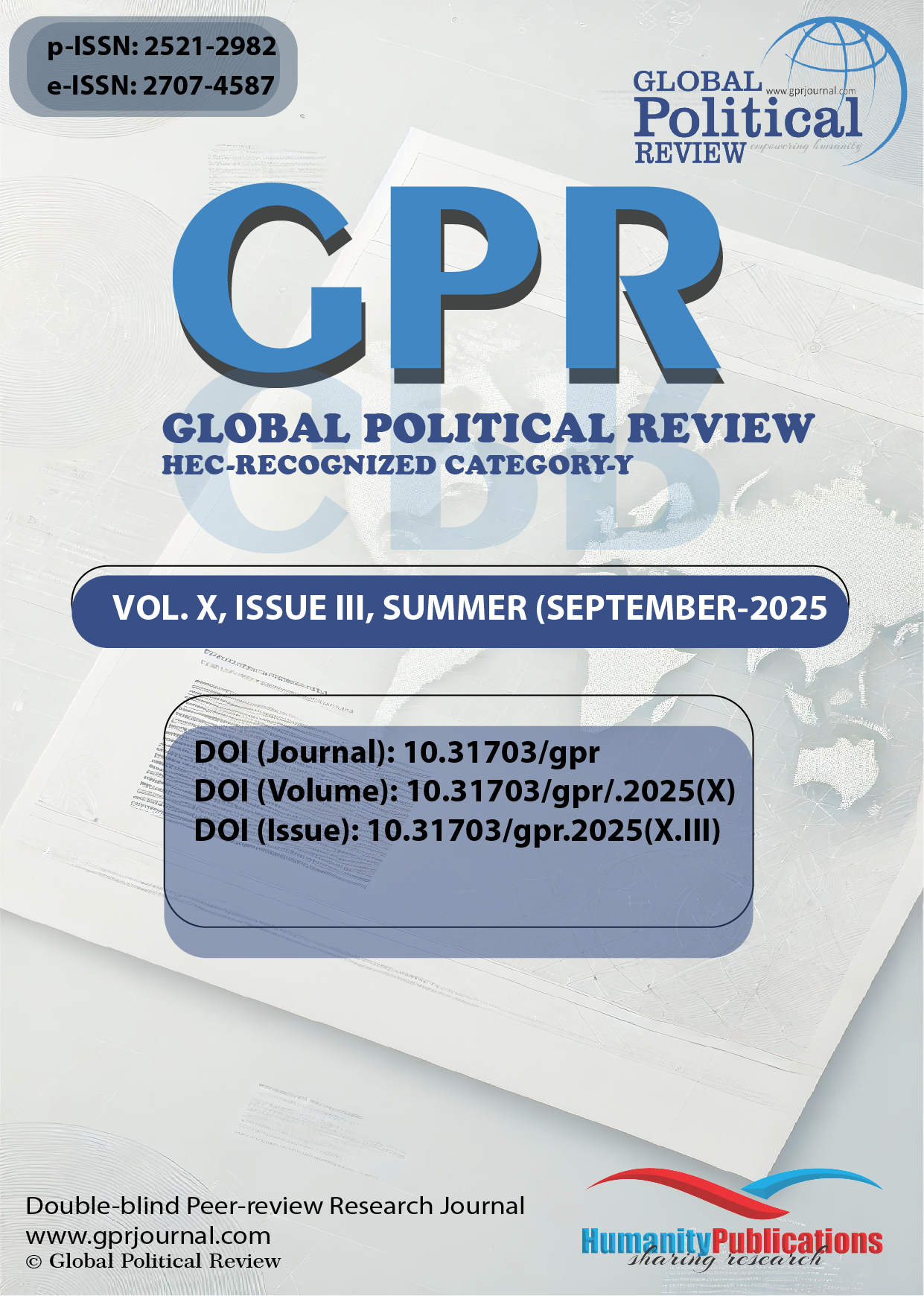 Volume X, Issue III (Summer 2025)
Volume X, Issue III (Summer 2025) 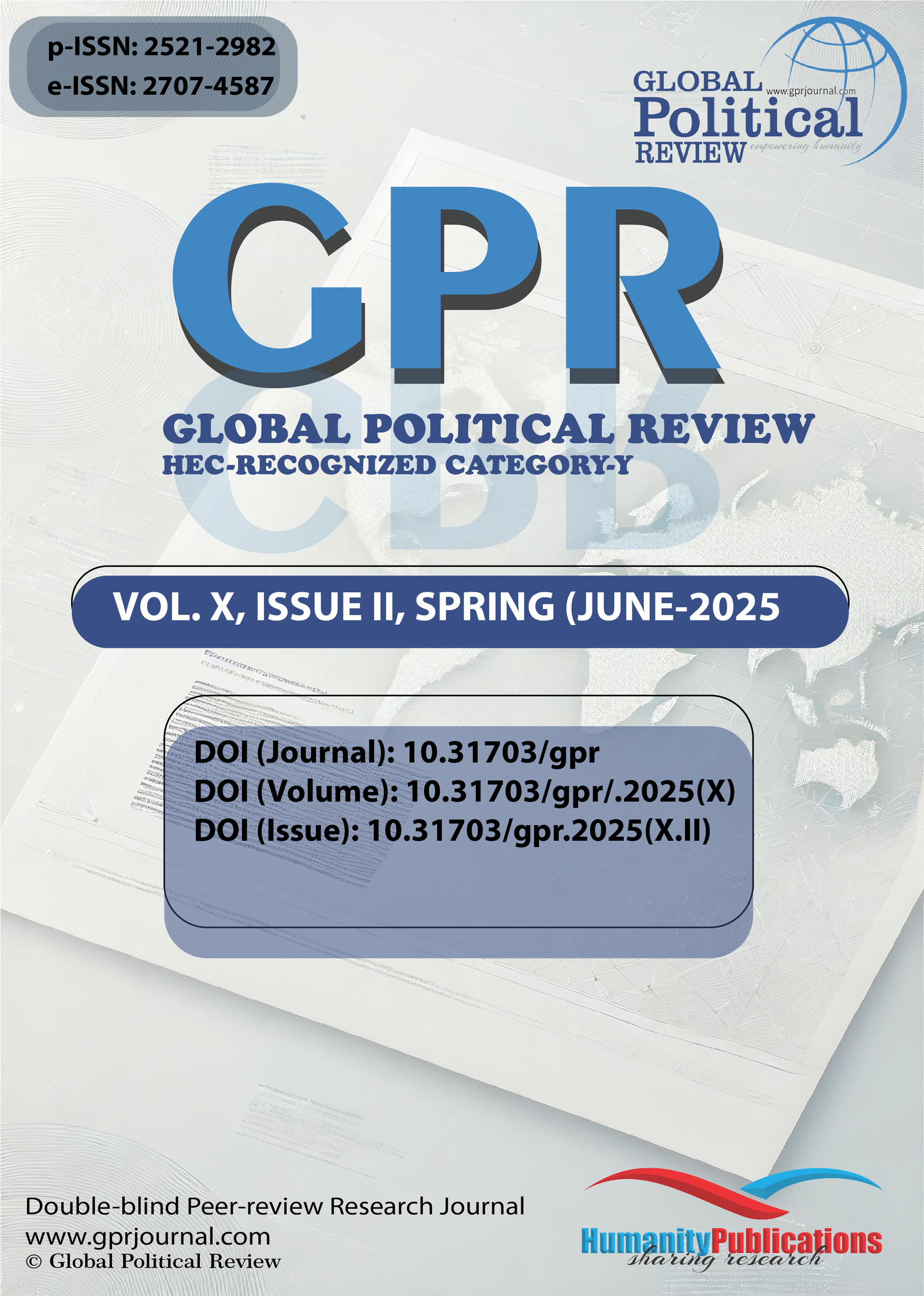 Volume X, Issue II (Spring 2025)
Volume X, Issue II (Spring 2025)  Volume X, Issue I (Winter 2025)
Volume X, Issue I (Winter 2025)  Volume IX, Issue IV (Fall 2024)
Volume IX, Issue IV (Fall 2024)  Volume IX, Issue III (Summer 2024)
Volume IX, Issue III (Summer 2024)  Volume IX, Issue II (Spring 2024)
Volume IX, Issue II (Spring 2024)  Volume IX, Issue I (Winter 2024)
Volume IX, Issue I (Winter 2024) 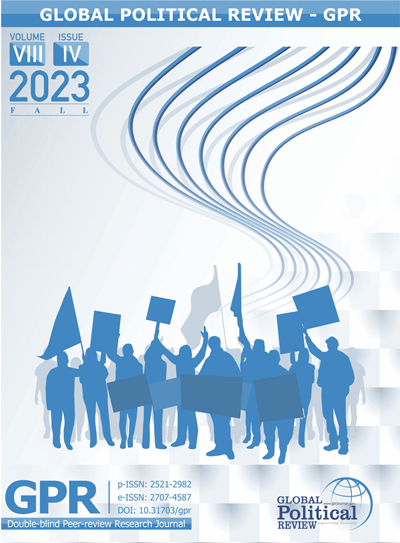 Volume VIII, Issue IV (Fall 2023)
Volume VIII, Issue IV (Fall 2023)  Volume VIII, Issue III (Summer 2023)
Volume VIII, Issue III (Summer 2023)  Volume VIII, Issue II (Spring 2023)
Volume VIII, Issue II (Spring 2023) 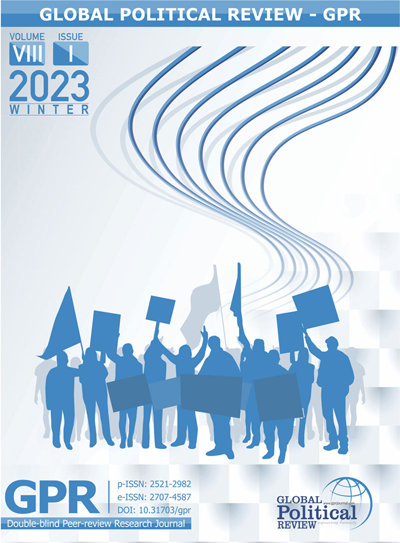 Volume VIII, Issue I (Winter 2023)
Volume VIII, Issue I (Winter 2023) 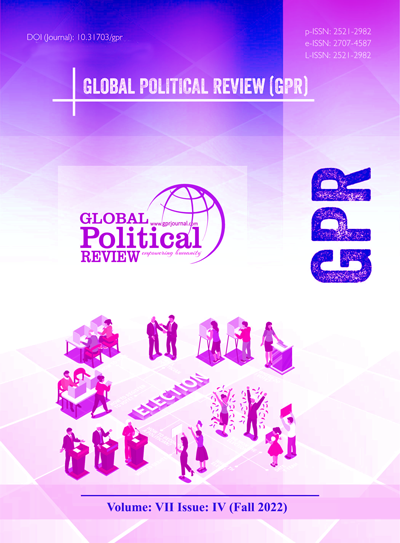 Volume VII, Issue IV (Fall 2022)
Volume VII, Issue IV (Fall 2022)  Volume VII, Issue III (Summer 2022)
Volume VII, Issue III (Summer 2022)  Volume VII, Issue II (Spring 2022)
Volume VII, Issue II (Spring 2022)  Volume VII, Issue I (Winter 2022)
Volume VII, Issue I (Winter 2022) 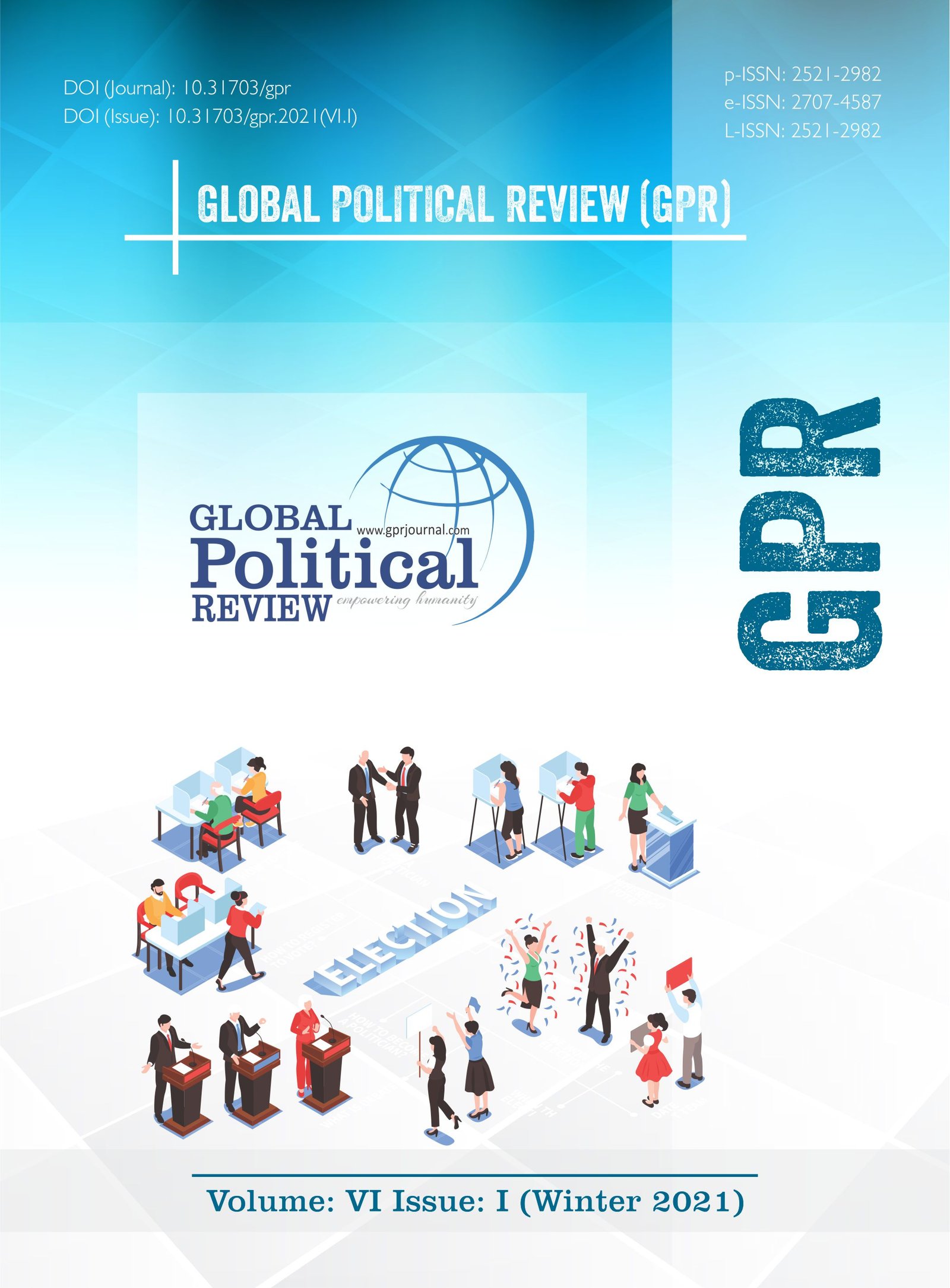 Volume VI, Issue IV (Fall 2021)
Volume VI, Issue IV (Fall 2021) 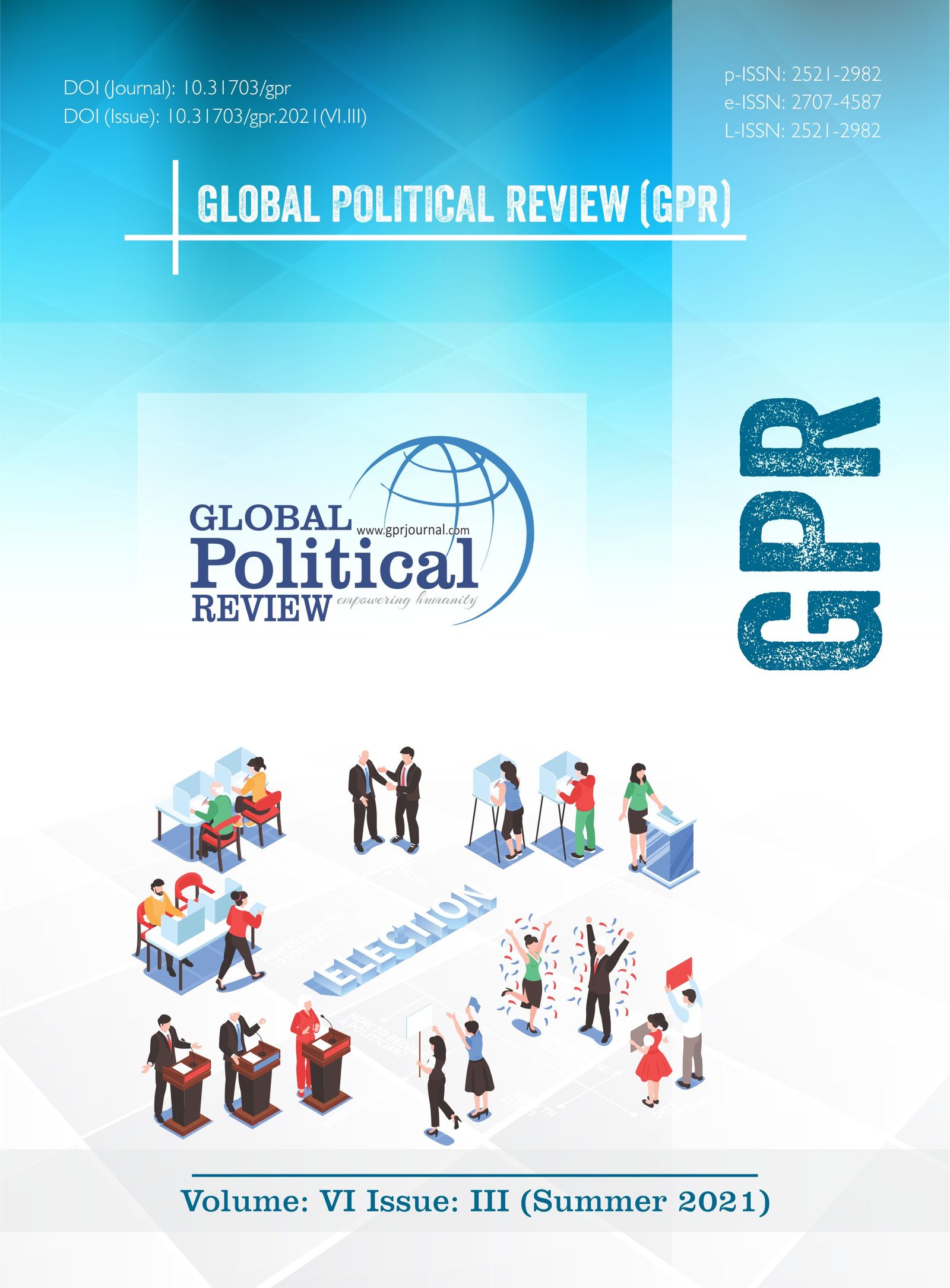 Volume VI, Issue III (Summer 2021)
Volume VI, Issue III (Summer 2021)  Volume VI, Issue II (Spring 2021)
Volume VI, Issue II (Spring 2021) 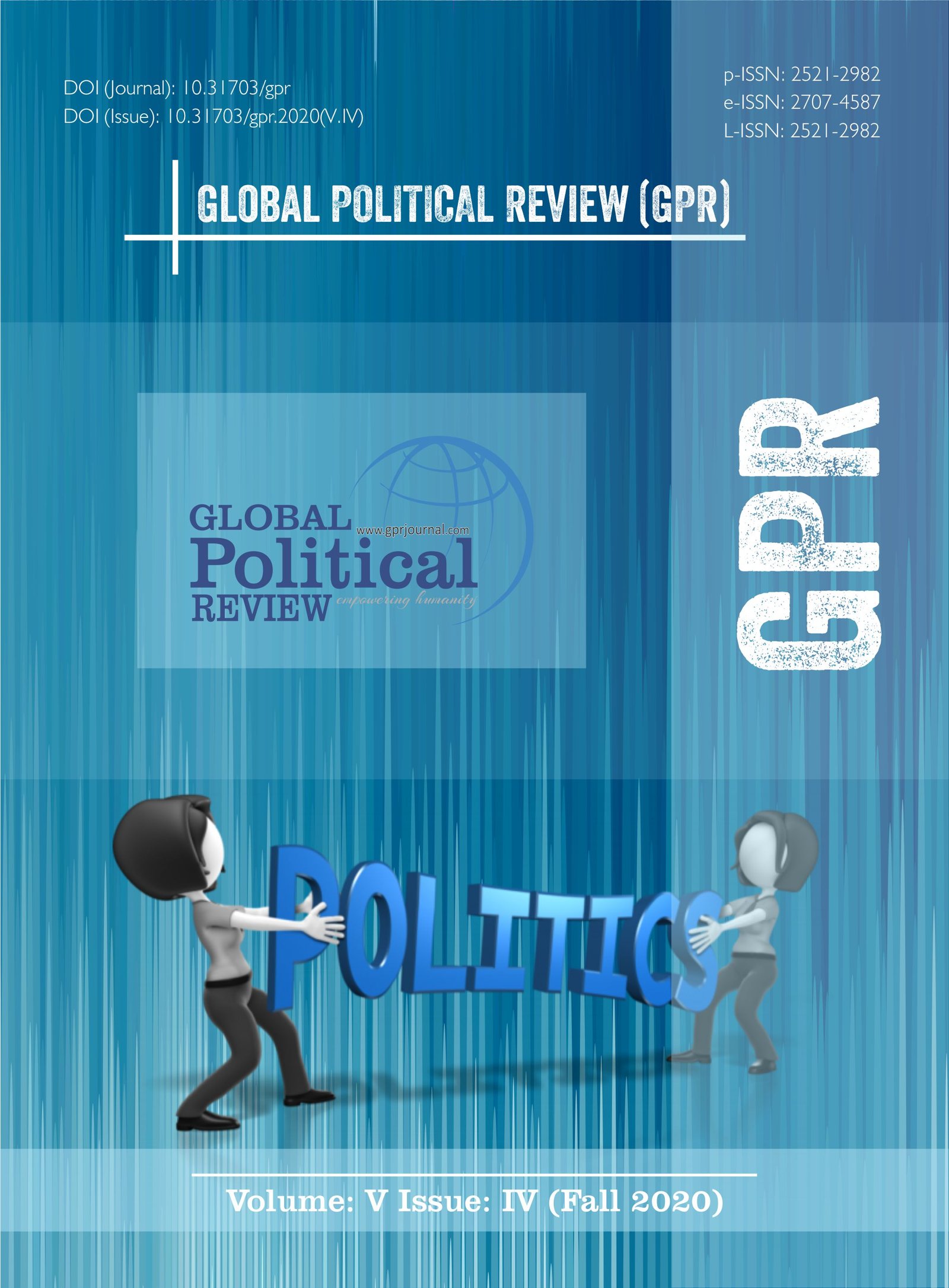 Volume V, Issue IV (Fall 2020)
Volume V, Issue IV (Fall 2020)  Volume V, Issue III (Summer 2020)
Volume V, Issue III (Summer 2020) 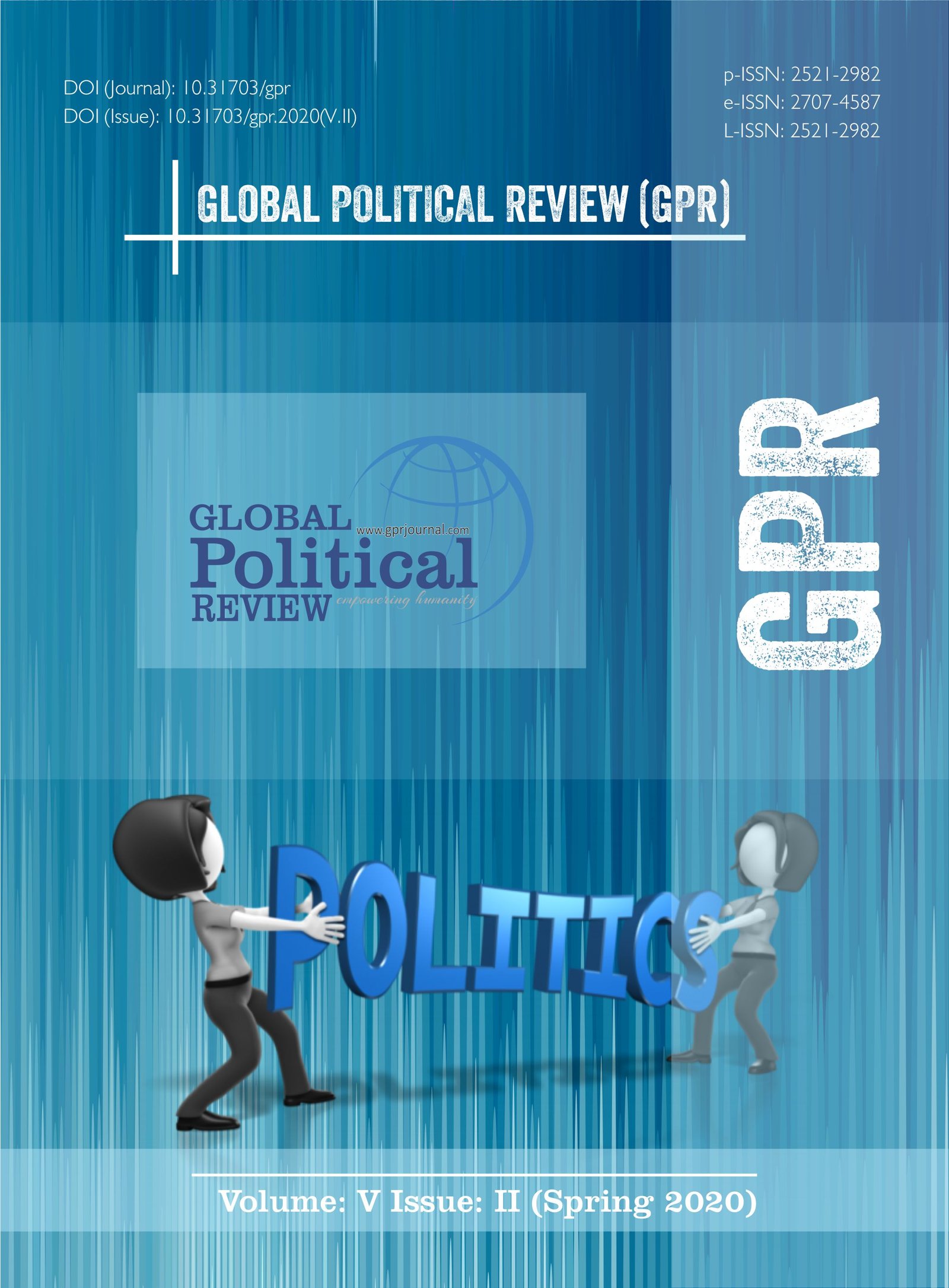 Volume V, Issue II (Spring 2020)
Volume V, Issue II (Spring 2020) 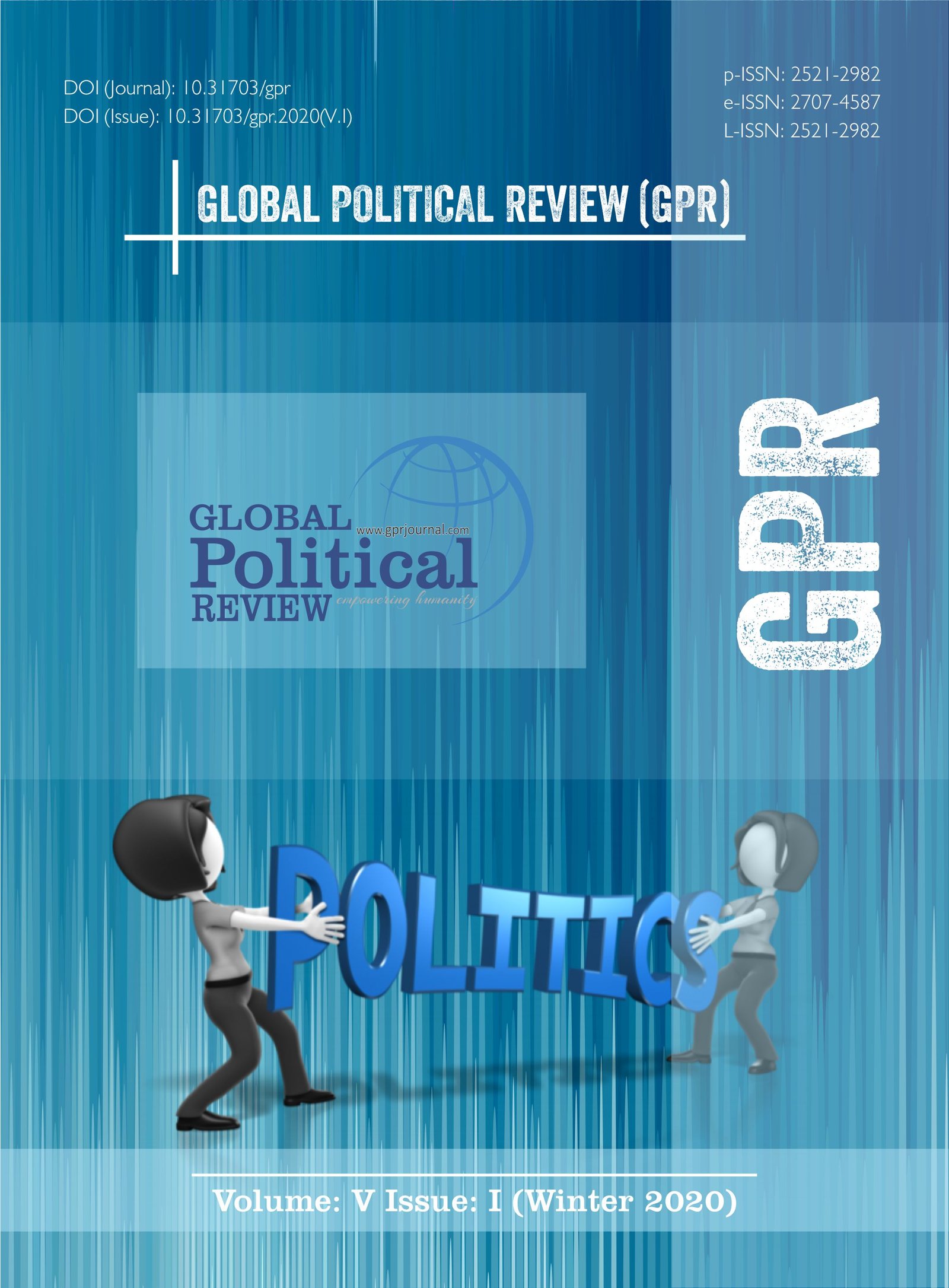 Volume V, Issue I (Winter 2020)
Volume V, Issue I (Winter 2020)  Volume IV, Issue IV (Fall 2019)
Volume IV, Issue IV (Fall 2019)  Volume IV, Issue III (Summer 2019)
Volume IV, Issue III (Summer 2019)  Volume IV, Issue II (Spring 2019)
Volume IV, Issue II (Spring 2019) 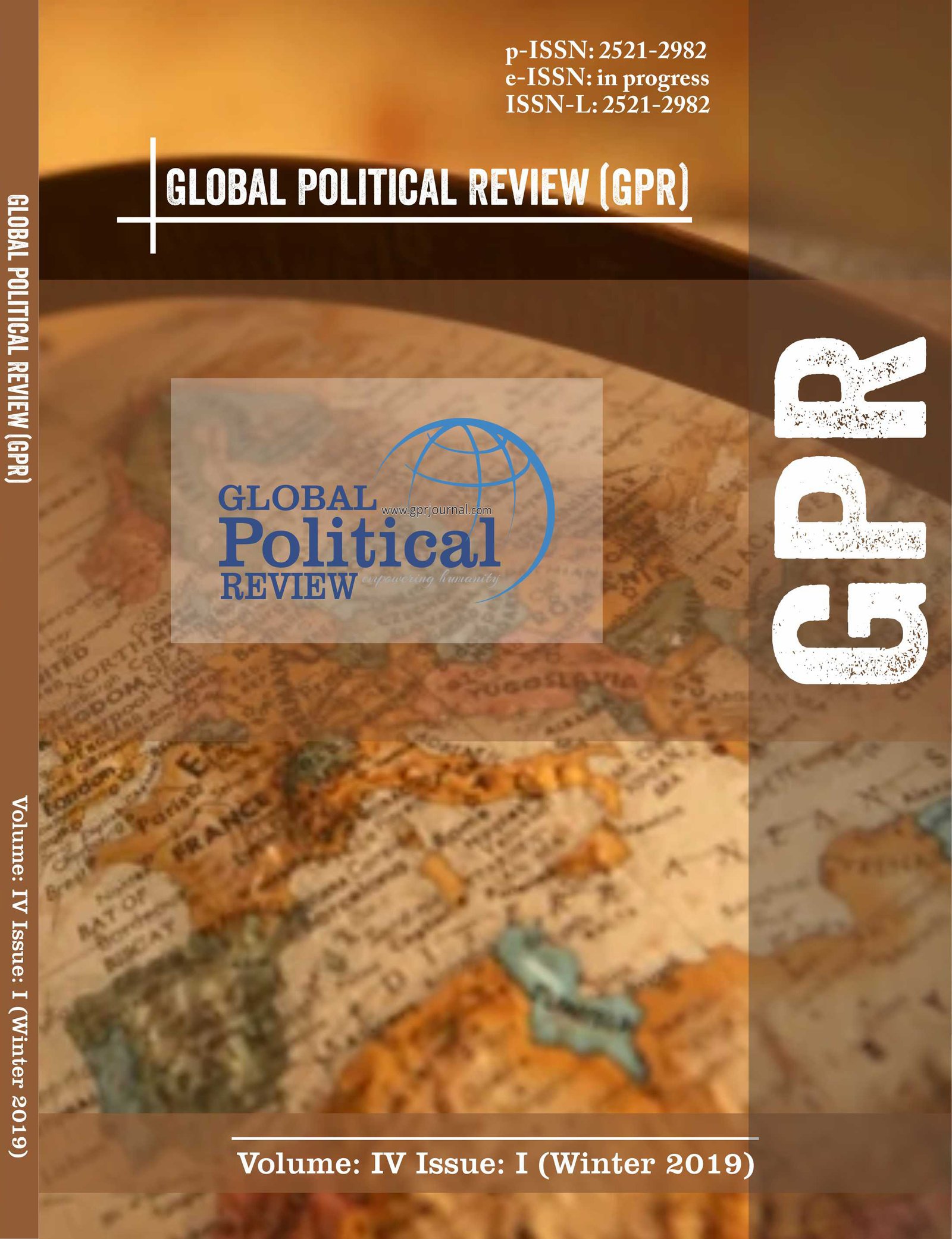 Volume IV, Issue I (Winter 2019)
Volume IV, Issue I (Winter 2019) 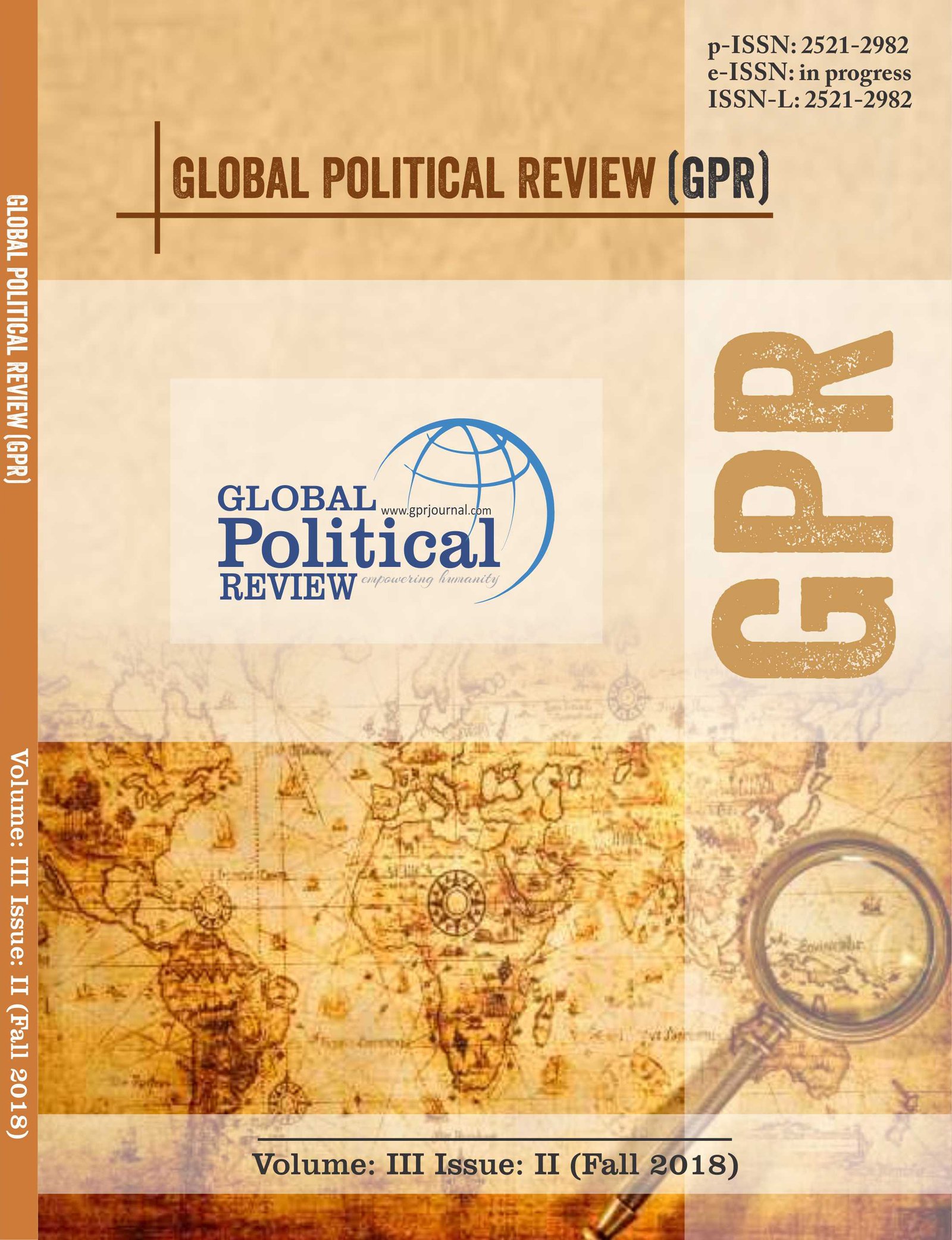 Volume III, Issue II (Fall 2018)
Volume III, Issue II (Fall 2018) 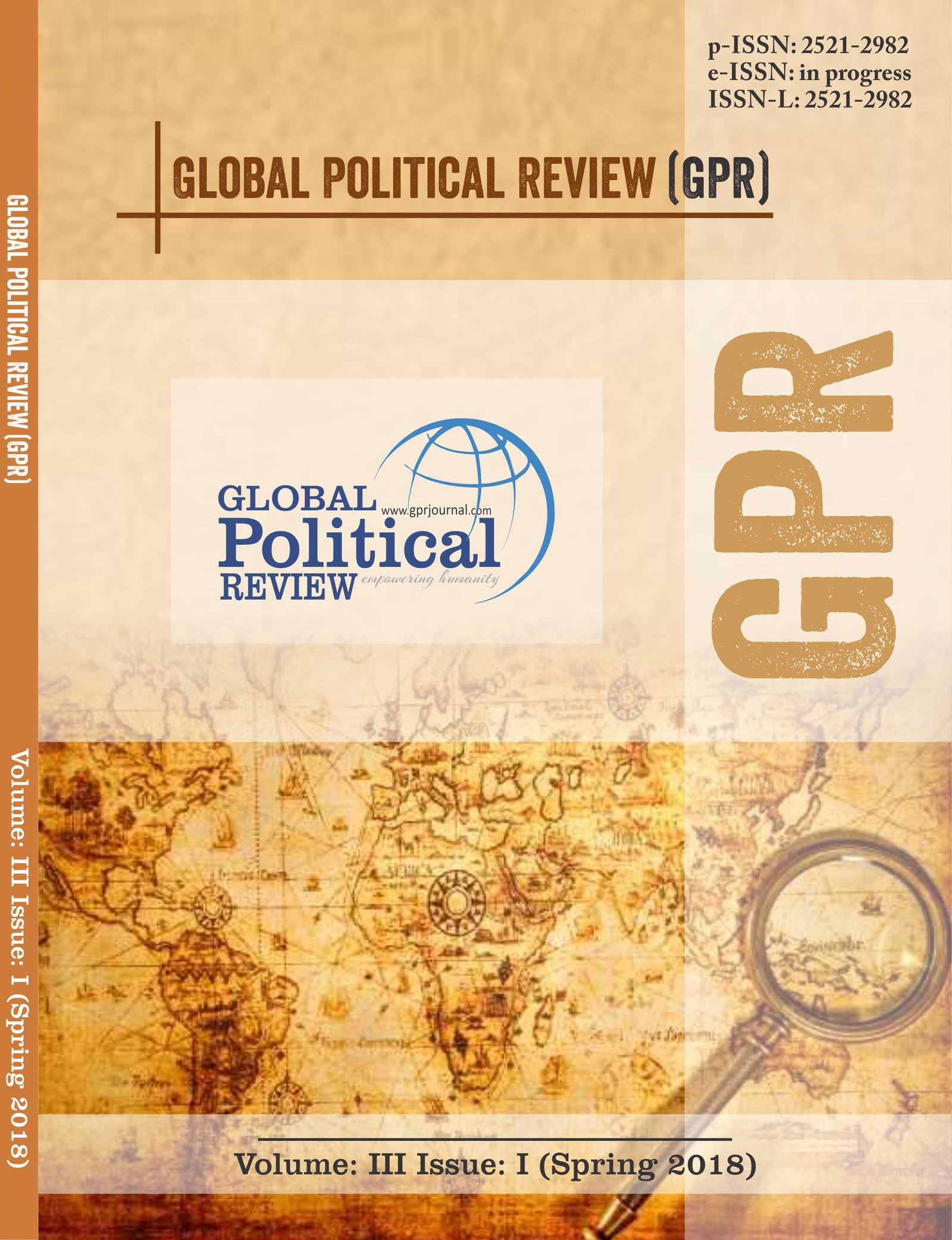 Volume III, Issue I (Spring 2018)
Volume III, Issue I (Spring 2018)  Volume II, Issue I (Fall 2017)
Volume II, Issue I (Fall 2017)  Volume I, Issue I (Fall 2016)
Volume I, Issue I (Fall 2016)